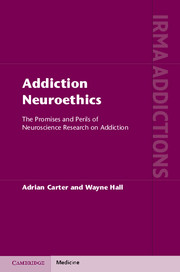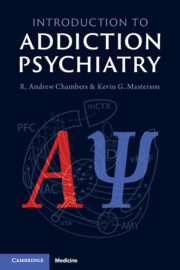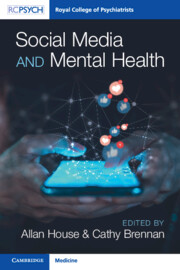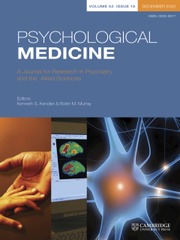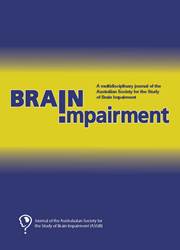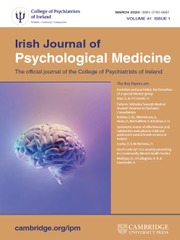Addiction Neuroethics
Addiction is a significant health and social problem and one of the largest preventable causes of disease globally. Neuroscience promises to revolutionise our ability to treat addiction, lead to recognition of addiction as a 'real' disorder in need of medical treatment and thereby reduce stigma and discrimination. However, neuroscience raises numerous social and ethical challenges:
• If addicted individuals are suffering from a brain disease that drives them to drug use, should we mandate treatment?
• Does addiction impair an individual's ability to consent to research or treatment?
• How will neuroscience affect social policies towards drug use?
Addiction Neuroethics addresses these challenges by examining ethical implications of emerging neurobiological treatments, including: novel psychopharmacology, neurosurgery, drug vaccines to prevent relapse, and genetic screening to identify individuals who are vulnerable to addiction. Essential reading for academics, clinicians, researchers and policy-makers in the fields of addiction, mental health and public policy.
- Presents the ethical, social and policy challenges influencing the use of new treatments for addiction
- Critically examines the current views on whether addicted individuals have control over their drug use
- Pragmatic treatment guidance allows readers to easily put the theory into practice
Product details
January 2012Hardback
9781107003248
364 pages
235 × 155 × 20 mm
0.7kg
10 b/w illus.
Available
Table of Contents
- Preface
- 1. Introduction
- 2. What is addiction?
- 3. The neurobiology of addiction
- 4. Neurobiological treatments of addiction
- 5. Autonomy, addiction and the public good
- 6. Autonomy and the capacity to consent to addiction treatment
- 7. The rights of individuals treated for drug, alcohol and tobacco addiction
- 8. Coerced treatment of addiction
- 9. Ethics of addiction research
- 10. New developments in the treatment of addiction
- 11. In search of a neurobiological 'cure' of addiction
- 12. Preventing addiction and personalised addiction treatment
- 13. Feeling 'better than well'
- 14. The implications of addiction neurobiology for public policy
- 15. Concluding remarks
- Index.

